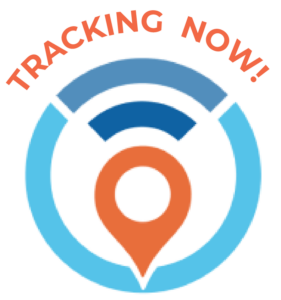China to Indonesia
- Home
- China to Indonesia
Specialize in Reliable Door-to-Door Delivery
Enhancing
China-Indonesia Trade
with Expert BTS Logistics
China and Indonesia maintain strong trade ties, driving economic growth for both nations. Supported by our offices in Indonesia, BT Shipping offers seamless, cost-effective logistics for businesses, cross-border e-commerce, and individual buyers, ensuring efficient and dependable service tailored to budget, item type, size, and delivery timeline.
![shutterstock_2477372473 [转换]-01](https://www.btshipping.com/wp-content/uploads/2024/08/shutterstock_2477372473-转换-01-scaled.jpg)
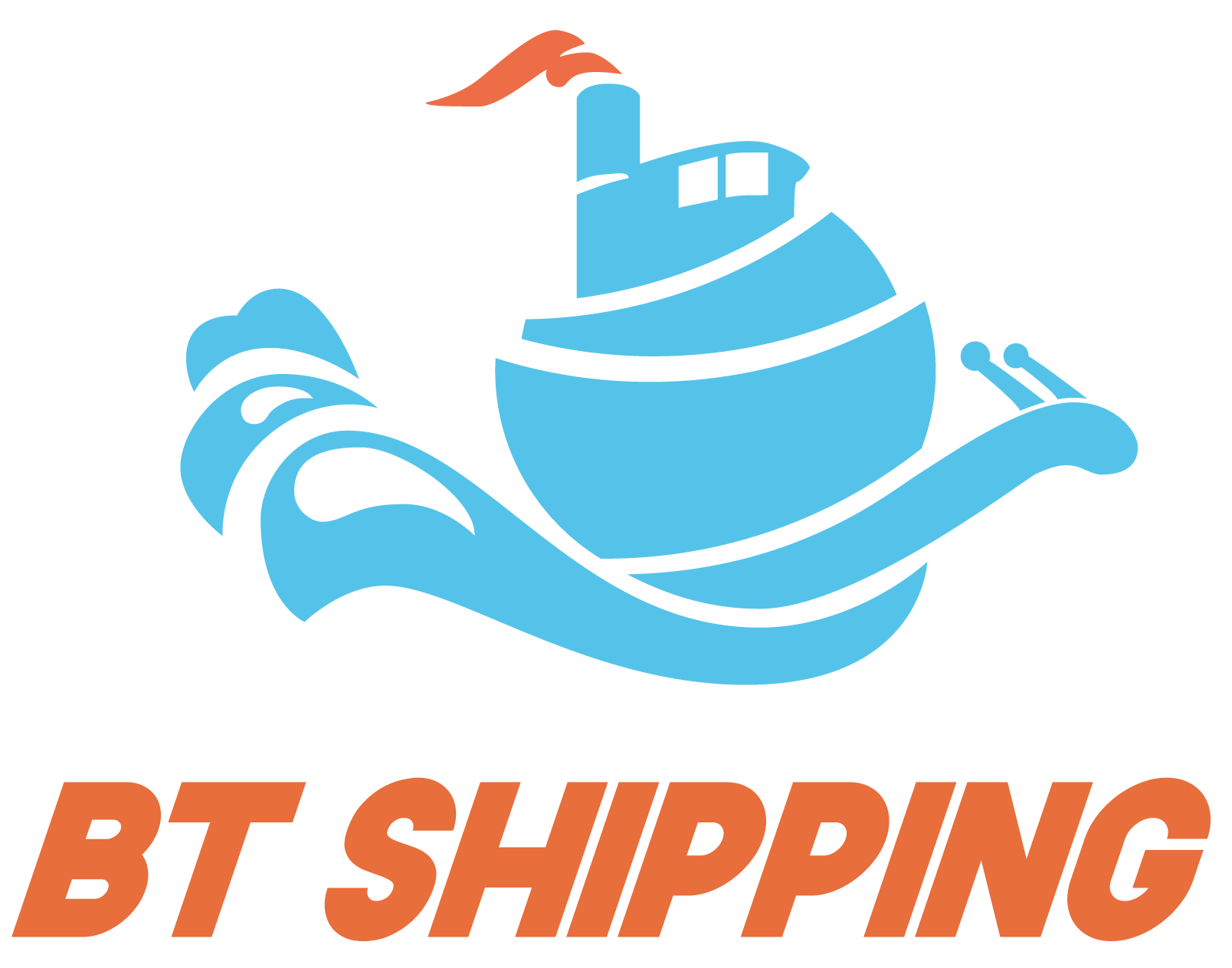
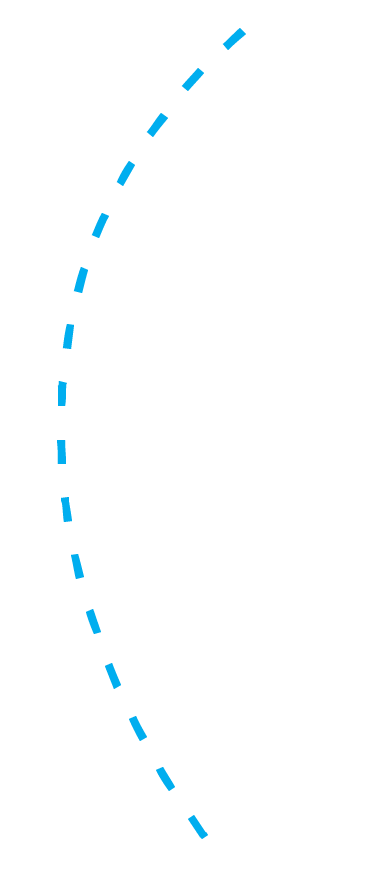
We Deliver Swift and Diverse Shipping Solutions for Your Needs
BTS offers a range of fast and reliable shipping options from China to Indonesia, achieving 100% delivery accuracy and providing comprehensive logistics support for all your cargo needs.
Sea Freight
BTS offers cost-effective sea freight solutions from China to Indonesia, including both FCL and Less than LCL services, ensuring reliable, timely deliveries to major Indonesian ports such as Jakarta, Surabaya, and Medan.
Air Freight
Our air freight services provide fast, secure transportation, leveraging IATA certification for seamless operations and ensuring delivery within 1-2 days to key airports like Jakarta's Soekarno-Hatta and Surabaya's Juanda.
Express Service
For urgent shipments to Indonesia, BTS offers expedited express services, ensuring swift and secure delivery within 24-48 hours, ideal for time-sensitive cargo needing immediate attention.
Door to Door Delivery
BTS specializes in door-to-door delivery from China to Indonesia, with end-to-end logistics solutions including pickup, transportation, customs clearance, and final delivery to the recipient's address, providing convenience, reduced handling, and peace of mind.
Customs Clearance
Our expert team handles all customs clearance procedures in Indonesia, including import duties, taxes, and compliance with local regulations, ensuring smooth, efficient clearance for your cargo and minimizing delays.
Detailed Service Timelines, Characteristics and Advantages
BTS delivers shipments 20% faster than typical industry standards, reducing China to Indonesia shipping time, and providing prompt and efficient service.
Shipping Types | Estimated Transit Times | Key Characteristics | Why Choose |
Sea Freight | 11-14 days | Best for cost savings on large and small shipments. | Economical and secure for bulk goods. |
Air Freight | 2-3 days | Ideal for fast, urgent deliveries. | Quickest option with minimal transit time. |
Door-to-Door Service | Sea Freight: 30-35 days (Jakarta) Air Freight: 4-6 days | Complete service from pick-up to delivery. | Simplifies logistics, with all handling and paperwork managed for you. |
Why BTS: Speed in Delivery, Trust in Service
BTS ensures smooth shipping with extensive experience, advanced logistics technology, and a dedicated customer support team, making your logistics operations hassle-free as a dependable freight forwarder company.
Enjoy Streamlined and Seamless Shipping with BTS
1
Select Shipping Method
Choose the best freight option for your shipment.
2
Customs Documentation and Clearance
BTS manages all customs documentation and clearance.
3
Track Shipment
Monitor your cargo in real-time via our advanced systems.
4
Receive Goods
Timely delivery to your specified destination.
1、What are the main ports in China used for shipping to Indonesia?
Major Chinese ports for shipping to Indonesia include:
-
Shanghai Port: The busiest port in China with extensive global shipping connections.
-
Shenzhen Port: Comprising several terminals, key for southern China’s trade.
-
Guangzhou Port: Another significant port in southern China, offering robust services to Southeast Asia.
-
Ningbo-Zhoushan Port: Near Shanghai, handling significant international shipments.
-
Qingdao Port: Located in eastern China, important for trade on the northern coast.
-
Dalian Port: A key international trade port in the northeast, facilitating trade in Northeast Asia.
-
Tianjin Port: An important port in northern China with strategic significance for regional trade.
-
Xiamen Port: A major port in Fujian Province on the southeast coast, providing essential links to Southeast Asia.
These ports are well-equipped to handle a variety of cargo types and provide frequent shipping services to Indonesia.
2、 What are the main ports in Indonesia for receiving shipments from China?
Major ports in Indonesia receiving shipments from China include:
-
Port of Tanjung Priok (Jakarta): The busiest and most advanced port in Indonesia, handling the majority of the country’s international cargo.
-
Port of Tanjung Perak (Surabaya): The key port in East Java, supporting trade in the eastern part of Indonesia.
-
Belawan Port (Medan): A significant port in northern Sumatra, serving the growing industrial and commercial activities.
-
Makassar New Port: A major port in South Sulawesi, enhancing trade in the central and eastern regions.
-
Samarinda Port: Important for shipping in Kalimantan, dealing largely with bulk shipments.
These ports are crucial hubs in Indonesia’s logistics network, ensuring the efficient distribution of imported goods throughout the archipelago.
3、What are the main goods exported from China to Indonesia?
The main goods exported from China to Indonesia include machinery and equipment, electronic products, textiles and apparel, plastics and plastic products, iron and steel products, chemicals, automotive parts, and consumer goods such as furniture, toys, and household appliances. These goods cater to Indonesia’s industrial and consumer markets, supporting its manufacturing and retail sectors.
4、What factors influence the cost of shipping from China to Indonesia?
Several factors influence the cost of shipping from China to Indonesia, including:
-
Shipping Method: The choice between sea freight, air freight, and express services affects cost significantly.
-
Cargo Volume and Weight: Heavier and bulkier shipments cost more.
-
Distance and Route: The distance between the origin and destination, and the shipping route chosen.
-
Type of Goods: Special handling for hazardous or high-value goods can increase costs.
-
Seasonal Demand: Shipping rates can fluctuate based on peak seasons and market demand.
-
Customs Duties and Taxes: Import duties, taxes, and any additional customs fees.
-
Insurance: Costs associated with insuring the cargo against potential loss or damage.
-
Fuel Surcharges: Variations in fuel prices can affect shipping costs.
5、What documents are required for customs clearance in Indonesia?
The documents required for customs clearance in Indonesia typically include:
-
Commercial Invoice: This document details the goods being shipped, their value, and the terms of sale.
-
Packing List: This lists the contents of each package or container, including weights and dimensions.
-
Bill of Lading or Airway Bill: This serves as the contract between the shipper and carrier, providing shipment details.
-
Import License: Required for controlled or restricted goods to ensure compliance with Indonesian regulations.
-
Customs Declaration Form: This form must be completed and submitted to Indonesian Customs, detailing the shipment’s contents and value.
-
Certificate of Origin: Sometimes required to verify the origin of goods and to apply for preferential tariffs under trade agreements.
-
Insurance Certificate: Provided if the goods are insured, detailing coverage during transit.
-
Additional Certificates: Depending on the nature of the goods, such as health certificates for food items or phytosanitary certificates for plant products.
6、Are there any goods prohibited from being imported into Indonesia?
Yes, Indonesia has strict regulations and a comprehensive list of prohibited imports to protect its public health, safety, and economy. These include:
-
Hazardous Materials: Certain chemicals and substances that pose environmental or health risks, such as toxic waste and specific industrial chemicals.
-
Firearms and Explosives: Weapons, ammunition, and explosives, unless accompanied by proper permits from relevant authorities.
-
Narcotics and Drugs: All forms of controlled substances and illegal drugs, including medications that are not approved by Indonesian health authorities.
-
Certain Agricultural Products: Specific plants, seeds, animals, and soil products that could potentially harm local agriculture or the ecosystem.
-
Pornographic Materials: Any media containing content deemed offensive, obscene, or pornographic is strictly prohibited.
-
Counterfeit Goods: Fake branded products, pirated media, and any infringements on intellectual property rights.
-
Certain Used Goods: Restrictions on the importation of used clothing, electronics, vehicles, and other second-hand goods that do not meet safety or health standards.
-
Other Prohibited Items: Items that are deemed culturally or religiously inappropriate, as well as those that threaten national security.
To ensure compliance with Indonesian import regulations, it is advisable to consult with a customs specialist or contact BT Shipping for guidance on specific shipment requirements and restrictions.
7、Can door-to-door service cover both commercial and personal shipments?
Yes, door-to-door services can be used for both commercial and personal shipments. We cater to businesses and individuals, ensuring safe and reliable delivery of goods.
8、How do I choose between sea freight and air freight?
If your goods are less than 200 kg, not very heavy, or urgently needed, air freight is the best option. For larger, heavier, or less time-sensitive shipments, sea freight is more cost-effective.
9、What trade agreements exist between China and Indonesia?
China and Indonesia are both members of the Association of Southeast Asian Nations (ASEAN) and participate in several regional trade agreements, including:
-
ASEAN-China Free Trade Area (ACFTA): This agreement reduces or eliminates tariffs on many goods traded between ASEAN countries and China.
-
Regional Comprehensive Economic Partnership (RCEP): A comprehensive free trade agreement among ASEAN countries and its FTA partners, including China, which aims to enhance trade and investment ties. These agreements facilitate easier trade, reduced tariffs, and improved market access between China and Indonesia.
10、How long does customs clearance take in Indonesia?
Customs clearance in Indonesia typically takes 1-2 days if all documents are in order and there are no issues with the shipment. However, it can take longer if there are discrepancies in documentation, if the goods require inspection by other government agencies, or if there are backlogs at the ports.
11、What are the import duties and taxes for goods entering Indonesia?
Import duties and taxes in Indonesia vary based on the type of goods and their classification under the Harmonized System (HS) code. Key taxes and duties include:
-
Import Duty: Ranges from 0% to 40% depending on the product.
-
Value Added Tax (VAT): Generally set at 10% of the CIF (Cost, Insurance, and Freight) value plus import duty.
-
Luxury Goods Sales Tax (LST): Applicable to specific luxury items, ranging from 10% to 75%.
-
Income Tax (PPh): An advance income tax on imported goods, usually 2.5% to 7.5% depending on the importer’s status.
Importers should check the specific rates applicable to their goods using the Indonesian Customs Tariff Book or consult with BT Shipping for accurate calculations.
12、How do you ensure the safety of my cargo during transit?
We ensure the safety of your cargo through:
-
High-quality packaging materials.
-
Experienced handlers.
-
Real-time tracking and monitoring systems.
-
Offering insurance options for added protection.
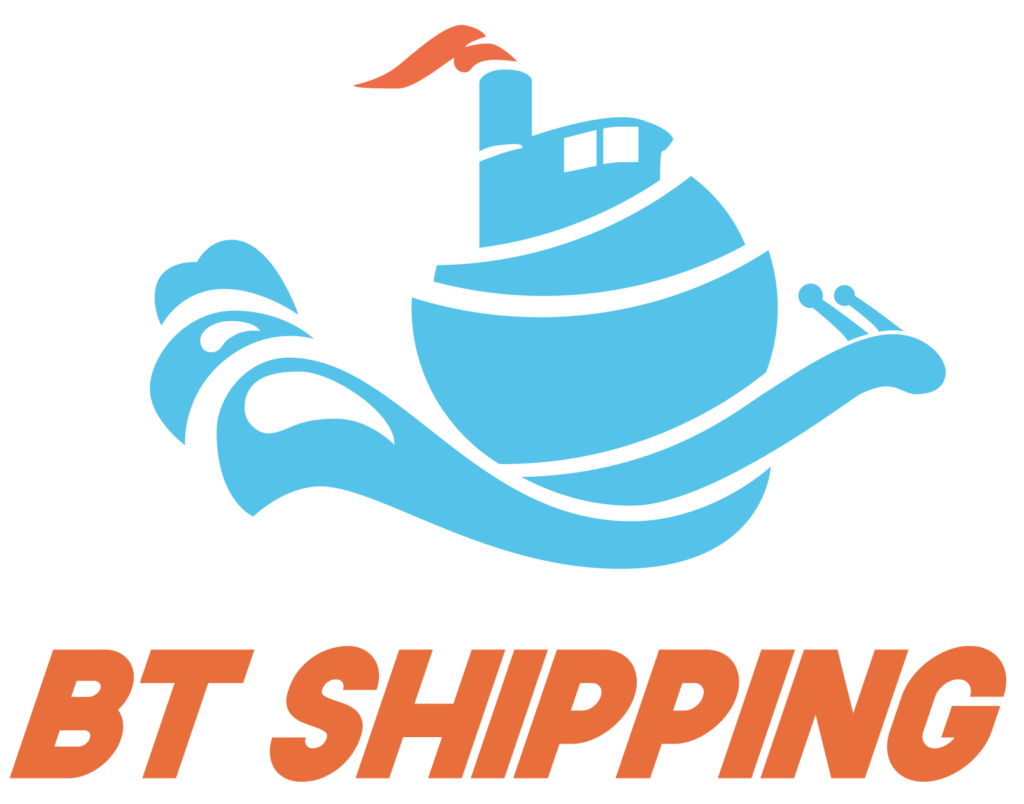

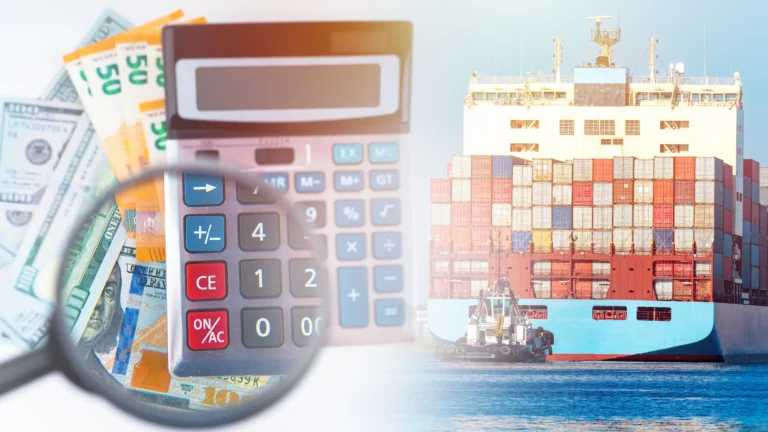
-768x512.webp)


